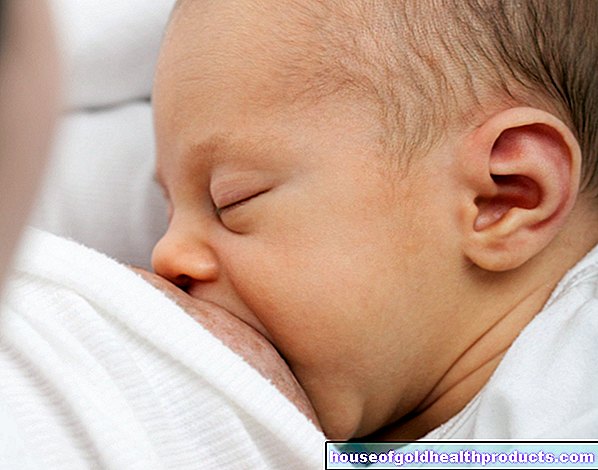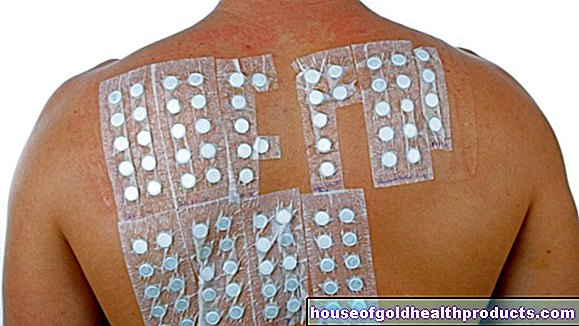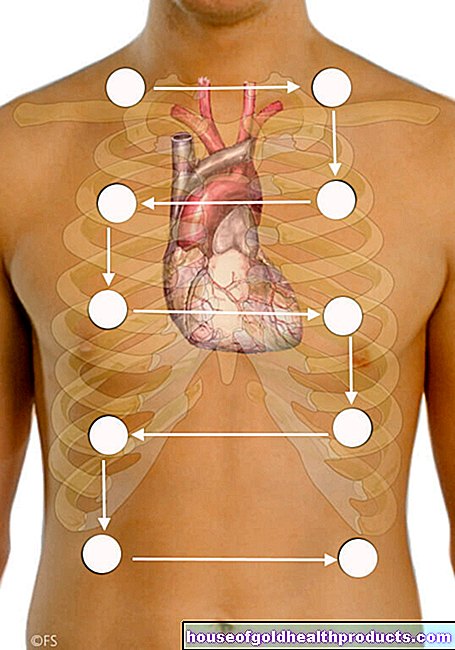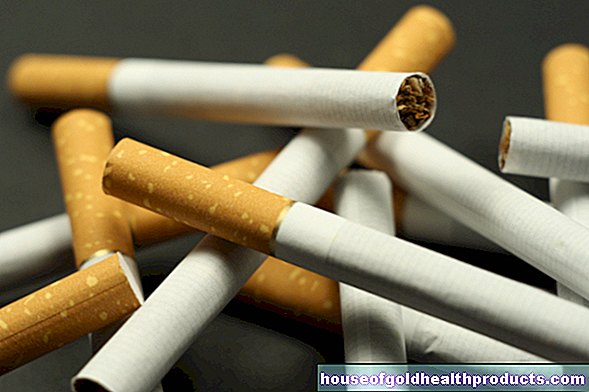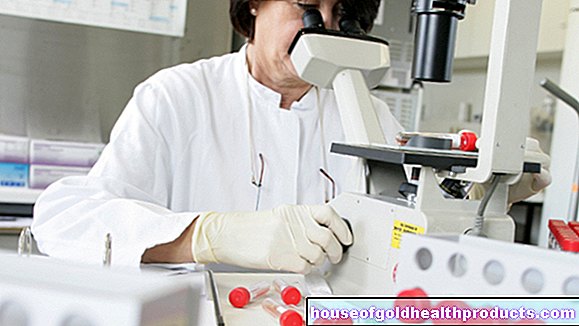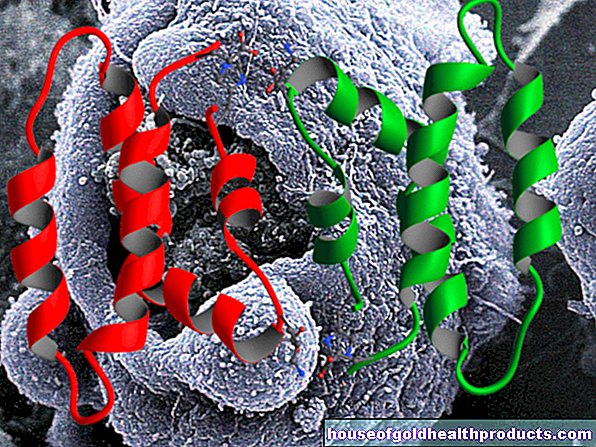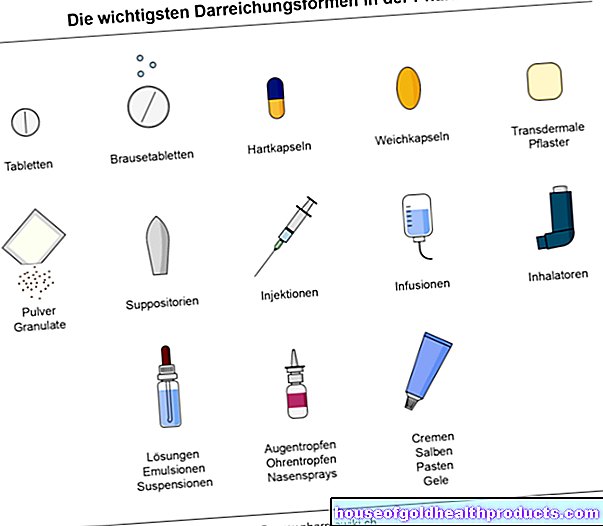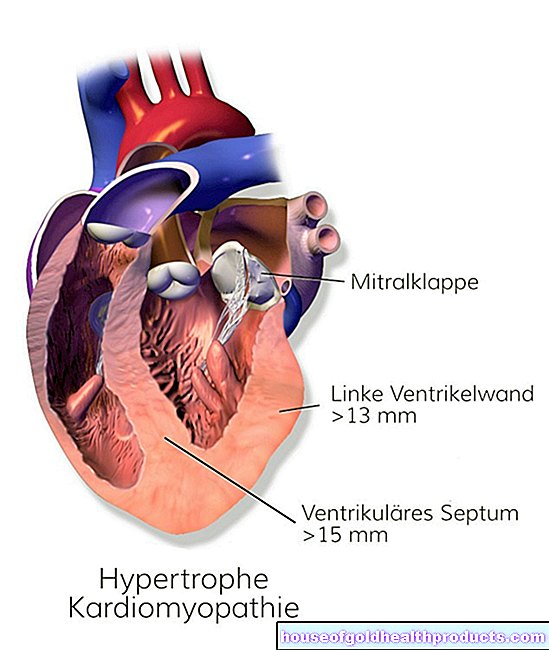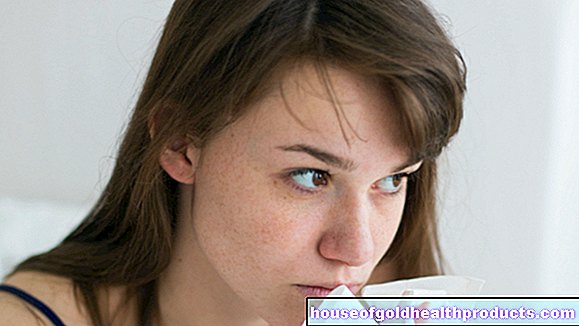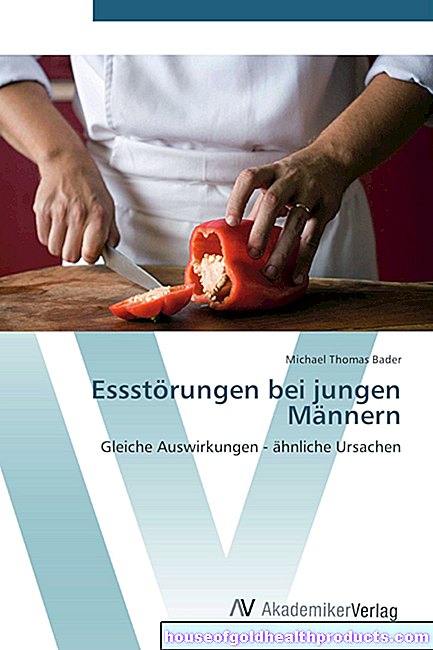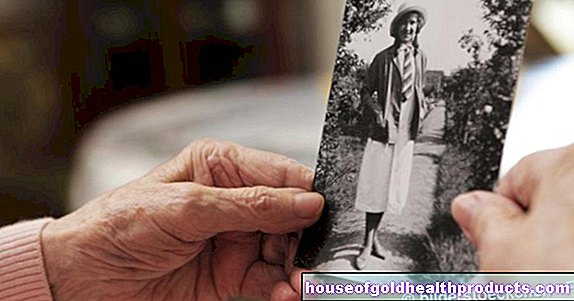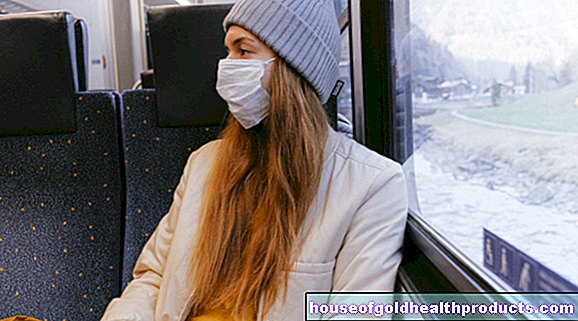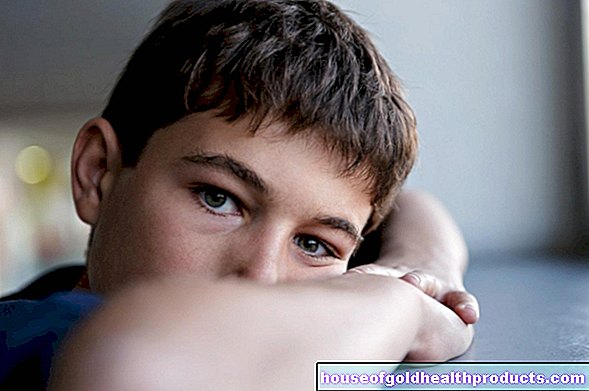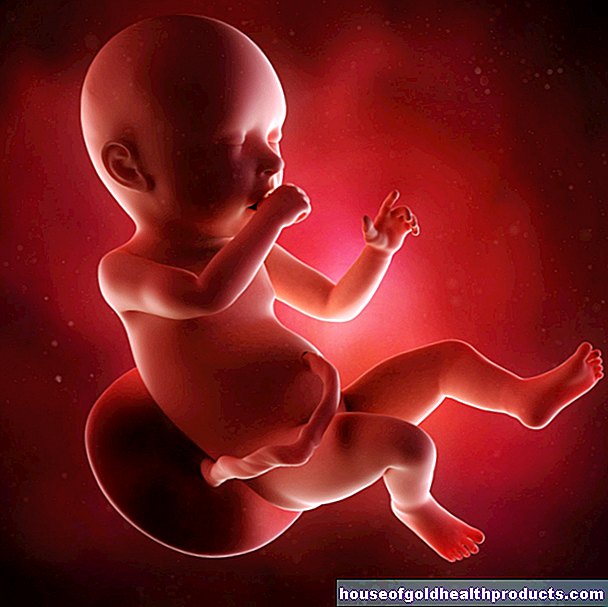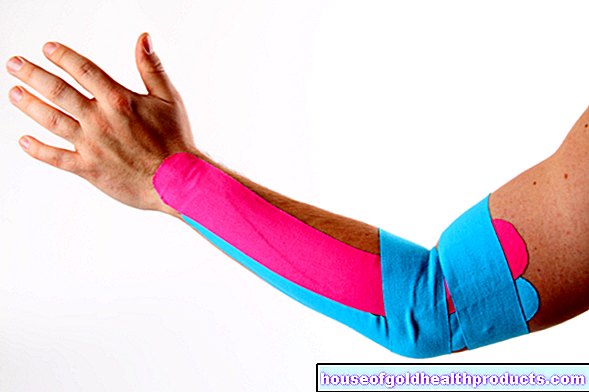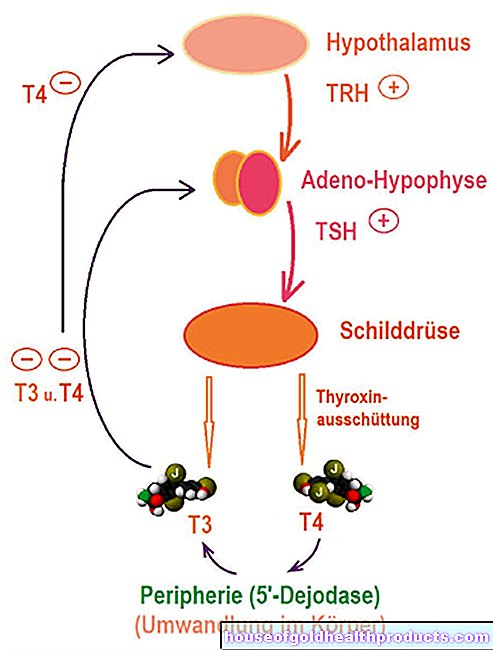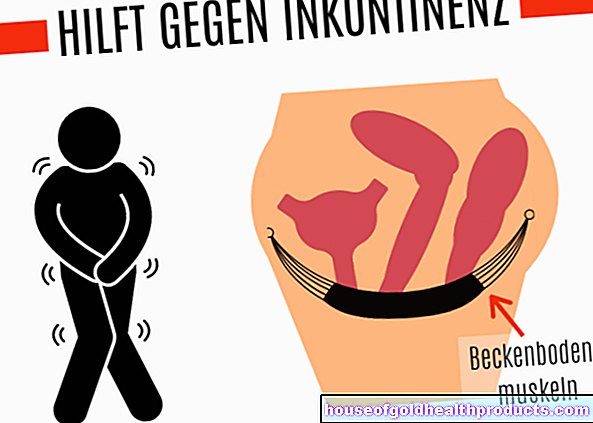Little sleep thanks to gene mutation
All content is checked by medical journalists.MunichSome just need less sleep than others. Researchers have now found a reason for this: a gene mutation influences the length of time it takes for a person to recover at night.
Gene mutations very often mean nothing good - this is different in the case of a mutation in the “short sleeper” gene, which Renata Pellegrino and her colleagues from the Children's Hospital of Philadelphia discovered. Carriers get by on significantly less sleep and also cope better with lack of sleep. The researchers came to this conclusion when they compared 100 pairs of twins, in which the effects of mutations can be researched particularly well because they otherwise have almost identical genetic material. In fact, 59 of the siblings were identical, i.e. endowed with the same DNA.
Just five hours of sleep
The brothers and sisters were equipped with measuring devices that made it possible to observe their activity and rest phases over seven to eight days and nights. The test subjects lived their normal lives. In addition, the BHLHE41 gene from those involved was sequenced and analyzed because earlier work could show that this DNA fragment plays a role in people with little need for sleep. The result: Carriers of a gene variant called Y362H only needed five hours of sleep - that was an hour and five minutes less than the other sibling with the unchanged gene variant.
In addition, the subjects spent a long time in the sleep laboratory, where they were prevented from sleeping for 38 hours. For a better comparison, a further 217 people who were not related to the twins were included. The scientists tested their mental abilities every two hours. Here, too, the one with the gene mutation did better: The memory performance was superior despite the sleep deficit.
Consequential lack of sleep
Although the individual sleep duration varies greatly, experts generally recommend seven to nine hours of sleep per night. Because most of them need at least seven hours of sleep in order to be permanently healthy and fit during the day. For them, less sleep means problems concentrating, feeling tired and increasing the risk of depression, cardiovascular diseases and accidents at work. Nevertheless, there is a small percentage of short sleepers who can get by on less than six hours without suffering any disadvantages. The discovered gene mutation could be the reason for this. "We are currently looking for partners to analyze how often this genetic change occurs," Pellegrino told The researchers also want to understand more precisely how exactly the mutation affects the internal clock. (lh)
Source: Renata Pellegrino et al. A Novel BHLHE41 Variant is Associated with Short Sleep and Resistance to Sleep Deprivation in Humans. SLEEP, 2014; DOI: 10.5665 / sleep.3924
Tags: skin healthy workplace prevention

